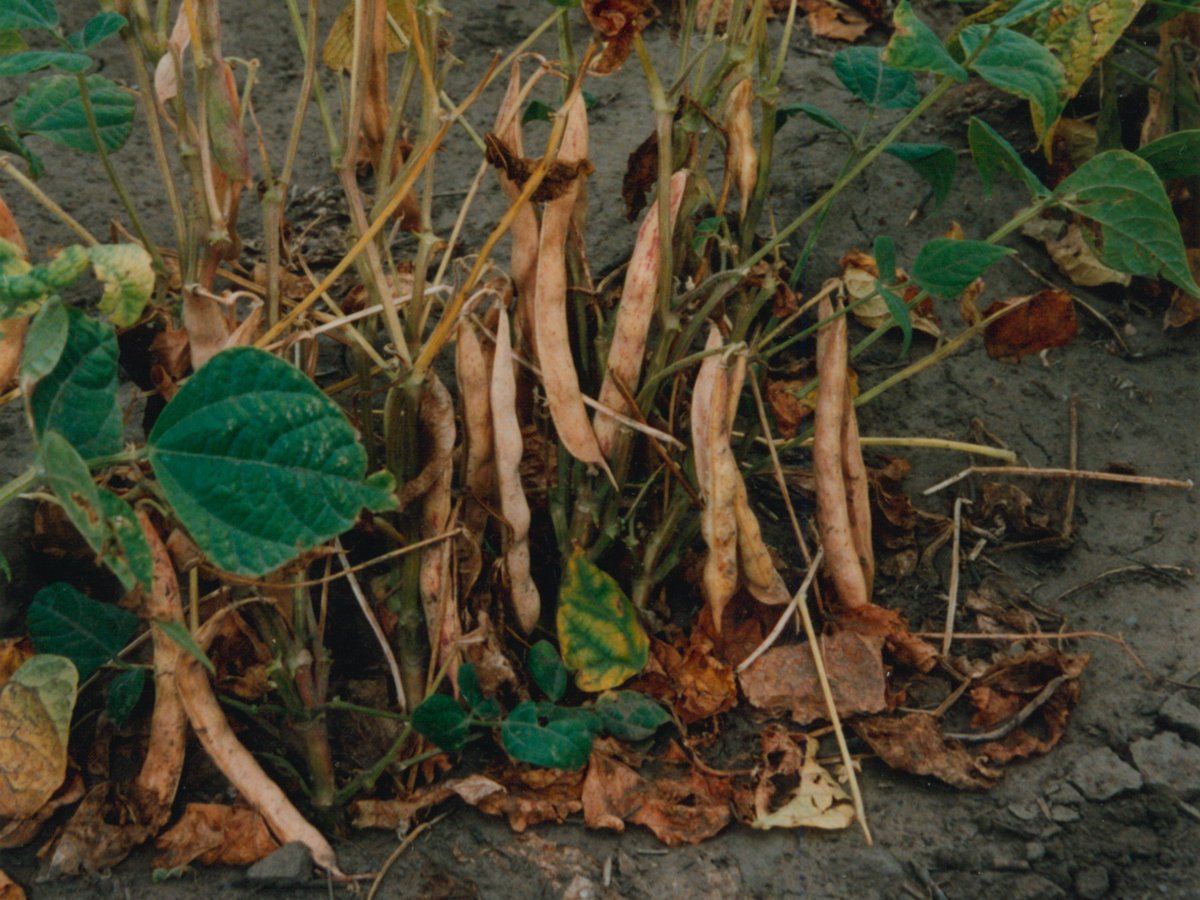Saskatchewan Pulse Growers decides instead to increase the number of elected directors to nine from seven
Saskatchewan Pulse Growers intends to expand its board of directors, but not in the way that was originally proposed.
SPG tabled a motion at its annual general meeting to appoint up to two additional directors to the seven-member board.
That motion was eventually defeated after considerable debate. A replacement motion to elect two more farmer directors to the board was passed.
Some growers in attendance did not like the idea of appointing rather than electing directors.
“When you are responsible for farmers’ money, my money, you need to be elected,” said former SPG director Vicki Dutton.
Read Also

Dry bean seeded acreage in Manitoba hits 20-year high
Dry bean acreage across all types reached around 207,000 acres in 2025, representing a significant increase from last year’s 182,000 acres.
“There is no support for this out there with the members at large.”
SPG chair Brad Blackwell said there are a number of reasons the organization suggested going the appointed director route.
The first was to reduce the workload on existing directors who are being run ragged. SPG appoints director representatives to a number of other boards in addition to its internal work.
“This time commitment makes it really hard to run a farm as well as do a good job for the pulse growers,” he said.
Another reason was to fill gaps, such as the lack of regional representation from eastern Saskatchewan and the dearth of buyer/processor voices around the board table.
As well, the one-year term for appointed directors might attract younger farmers who may be scared away by the current three-year obligation.
Blackwell said elected representation sounds good in theory, but in reality farmers are often acclaimed rather than elected because so few people are interested in running for the board.
He was one of three people who won by acclamation in the last election.
Nonetheless, the motion to appoint directors was soundly defeated at the annual meeting. It was replaced by a new motion to elect two more directors.
That motion was passed. It will now have to be approved by the Saskatchewan Agri-Food Council and the provincial agriculture minister.
Members also passed a motion to add fenugreek to the fold. About 10,000 acres of the crop were planted last year, and there is one processor in the province. It is a crop that is more resilient to root rot than peas and lentils.
Dave Marzolf, a producer from Central Butte, submitted three resolutions for consideration by farmers attending the meeting.
The first was to pay producers for their contribution to carbon dioxide mitigation by employing continuous cropping techniques.
Ian McCreary, a grower from Bladworth, said farmers need to be careful if they’re going down that road because the carbon sequestered on the hills will be more than offset by what has been lost in the wetlands that farmers have destroyed over the last 20 years.
“If the accounting came through, many of us would get a very big bill,” he said.
The resolution was carried.
Marzolf’s second resolution called for the establishment of a farmer-owned seed company in the wake of the demise of the existing breeding arrangement with the University of Saskatchewan’s Crop Development Centre.
It too was carried.
His third resolution was to change the levy from mandatory to voluntary because a previous resolution calling for a refundable checkoff was never implemented.
Former SPG chair Lyle Minogue spoke to that proposal.
“I promised myself I wouldn’t talk on this today because this topic pisses me off,” he said.
Minogue said the industry was built on a mandatory levy, and he is annoyed that somebody always wants their money back.
“Why would I pay more if somebody can take his money and go home?” he said.
The resolution was defeated.

















